Korea’s App Market Trapped Between Global Giants and Weak Local Alternatives
Input
Changed
Korea Still Faces Heavy Commission Burden Despite Anti-In-App-Payment Law “Retaliation Could Be Costly” — Limits Remain in Government Regulation Need to Foster Homegrown App Markets Like ONE Store
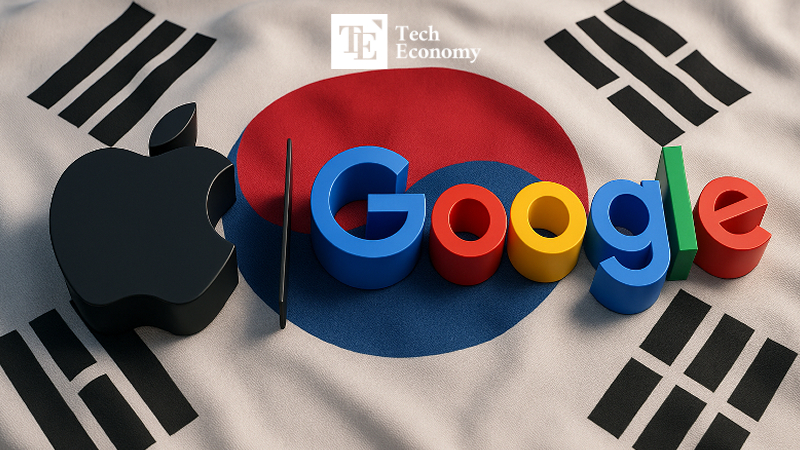
The Korean business community is calling for stronger regulation of Google and Apple’s app marketplaces, arguing that the burden of high commissions has not eased even after the implementation of the law banning mandatory in-app payments. Critics say additional institutional measures are needed. However, some point out that government regulation has clear limits, stressing that domestic companies must strengthen their own app market ecosystems to counter Google and Apple’s duopoly.
Korean Industry Pushes for Passage of Anti-Retaliation Bill
On the 5th, Hwang Sung-ik, chairman of the Korea Mobile Game Association, said at a policy forum in the National Assembly on “cases of damage from Google and Apple’s in-app payment practices and alternatives” that “the law banning mandatory in-app payments has been neutralized by Google’s 26% workaround. It must be amended and strengthened to fulfill its original purpose.” He added, “To address the reality in which the industry remains silent out of fear of retaliation, the anti-retaliation bill must be passed in the Assembly.”
The proposed bill Hwang referred to is the “App Market Operator Anti-Retaliation Act” (an amendment to the Telecommunications Business Act) introduced by Choi Min-hee of the Democratic Party. The key provision would prohibit app marketplaces from penalizing content providers who report violations related to forced in-app payments. In disputes, the burden of proof would fall on the app market operator, and any retaliatory action against companies that report forced in-app payments would trigger triple punitive damages.
The bill was proposed because the existing law banning mandatory in-app payments has failed to deliver meaningful results. While Apple and Google nominally allowed external payments after the law took effect, they imposed commissions of around 26% under the pretext of privacy protection and other measures. The payment structure has also become problematic: in-app payments automatically deduct roughly 30% in fees, whereas under third-party payments, developers receive revenues first and then pay service fees back to the app markets. Considering that developers must also pay 5–10% in processing fees to external PG (payment gateway) providers, the overall cost burden remains nearly identical to the period before the law’s enactment.
The Power of Market Monopolies
Despite continuing to profit from commissions through what critics call “loopholes,” Google and Apple leave app developers with little choice but to pay. Both companies hold near-monopoly positions in the app marketplace, meaning disputes can easily result in retaliation against developers. A gaming industry source said, “If you challenge Google or Apple, app reviews may be delayed or your app may be unfairly removed. Even when we want to report unfair practices or claim damages, the fear of retaliation makes it extremely difficult.”
In the United States, where both companies are headquartered, regulators and courts have gone further by addressing the monopolistic structures themselves. In December last year, a U.S. jury ruled that Google’s 30% commission on in-app payments constituted an antitrust violation, effectively recognizing Google’s misconduct worldwide except in China. Apple likewise received a final ruling from a California court that its restrictions on alternative payment methods violated unfair competition law. Together, settlements from class-action lawsuits against Google (filed by some 48,000 app developers) and Apple (about 67,000 developers), as well as consumers, amounted to roughly $8.1 billion.
However, industry experts caution that Korea is unlikely to take such a hardline approach. One analyst noted, “Since Google and Apple’s app markets are not homegrown platforms, there are limits to how much pressure Korea can apply. Excessive regulation could even trigger sanctions from these companies, which would devastate domestic firms heavily reliant on their platforms.” The analyst added, “The anti-retaliation bill currently under discussion only prohibits specific acts of reprisal. At this point, Korea is unavoidably in the weaker position.”
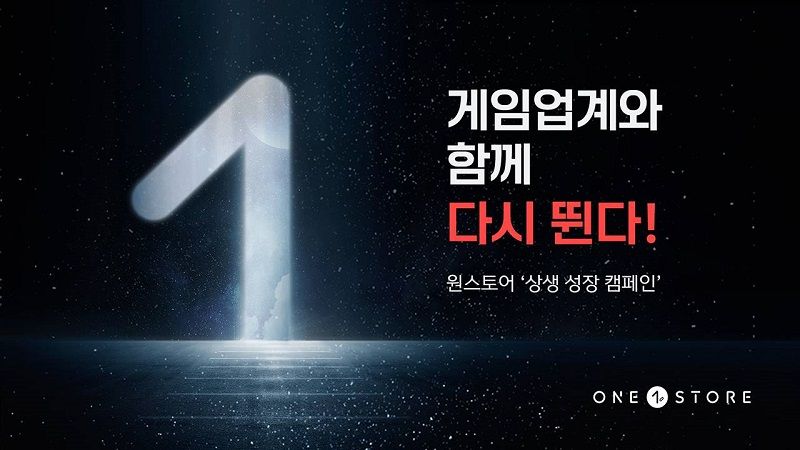
Can Korea Build Its Own App Market Ecosystem?
Some observers argue that Korea must strengthen homegrown platforms like ONE Store to build an independent app market ecosystem. Founded in 2016, ONE Store is Korea’s native app marketplace. According to data from big-data platform IGAWorks, ONE Store accounted for about 12.6% of domestic game transaction volume between the second half of 2020 and the first half of 2025—slightly surpassing Apple’s App Store, which held about 12.3% over the same period.
ONE Store has also made gradual progress competing directly with Google. Based on ONE Store’s own data, in the first half of 2025, its share of transaction volume among the top 50 revenue-generating games available on both Google Play and ONE Store reached 49.2%. This performance reflects its aggressive strategy of offering lower fees and discounts. ONE Store’s in-app purchase commission is capped at 20%, roughly 10 percentage points lower than Google and Apple.
Still, these figures apply only to the gaming sector. ONE Store’s share of the overall app market remains small. According to the Korea Communications Commission, in terms of transaction volume, Google Play led the Korean app market last year with 67.5%, followed by Apple’s App Store at 28.2%. ONE Store trailed far behind at just 2.9%. The company is currently running a “co-prosperity campaign” to strengthen partnerships with app developers, but given its limited user base, dramatic results appear unlikely in the near term.

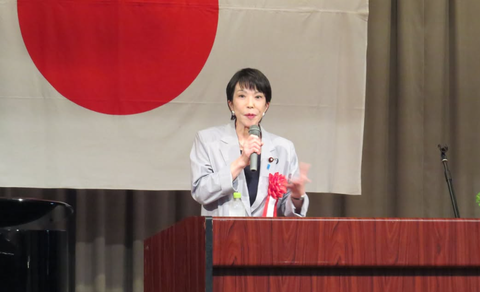
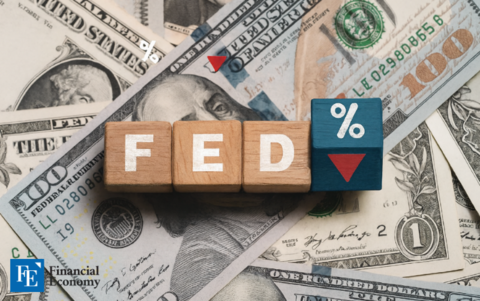

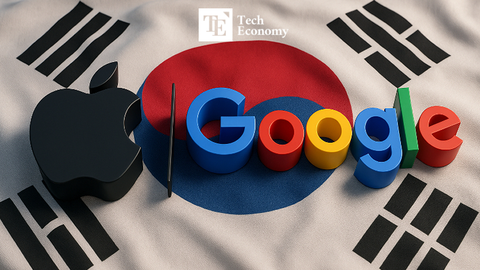
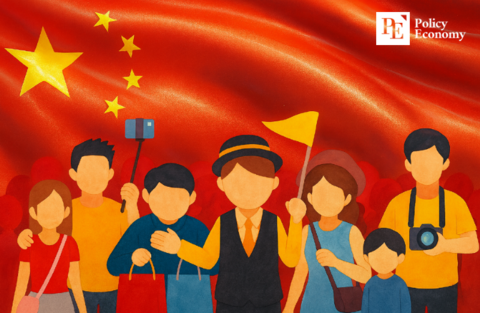

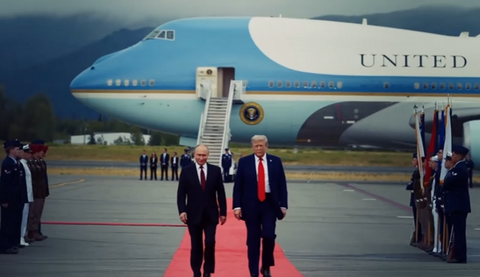
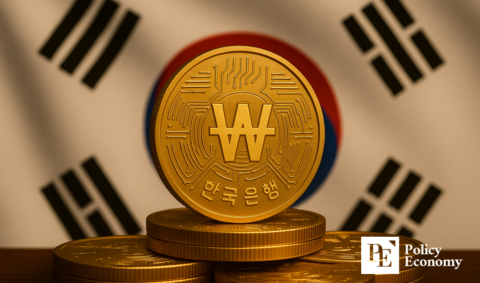
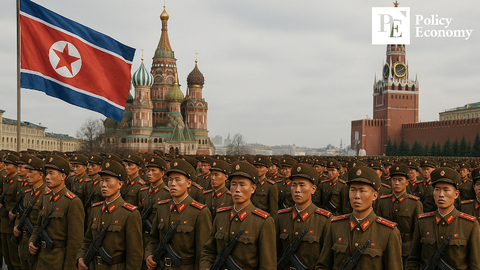












Comment